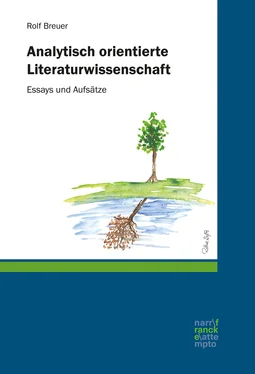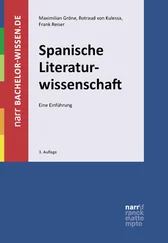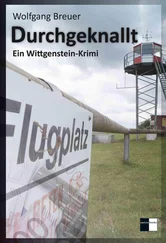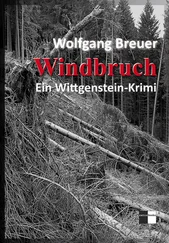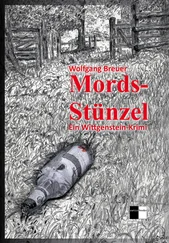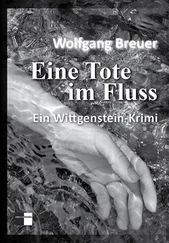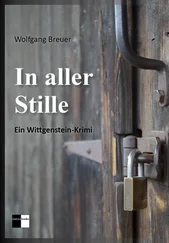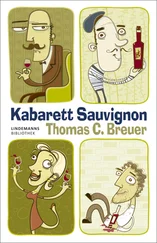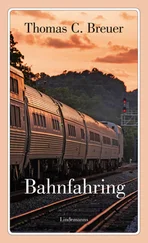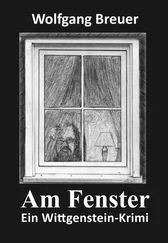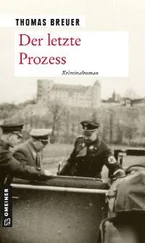Until the 18 thcentury, epic poetry and certain types of poems – ode, elegy, nature poetry – were the key genres of literature. A poet striving for honour and glory had to excel in these genres, in which Homer and Vergil were considered to be the greatest models, with Dante, Camões, Milton and others as the respective national examples.
These epic poems, odes, sonnets, and epistles differed from discursive texts – historiography, homilies, philosophical treatises, laws, or everyday speech etc. – in their use of language, namely in such deviations from everyday speech as verse, metre, rhyme, poetic diction with liberties in vocabulary (archaisms, for instance) and syntax (a freer order of words).
Such poetic text-types with their ritualistic and magical elements corresponded to the world-view of pre-modern times. In a magical conception of language, the speaker is understood to act upon the world in a direct way. Speaking of the devil may make him appear. Ritualistic language usage – as in litanies – points to the fact that sometimes it is not so much the information that counts, but rather the way in which the message is conveyed.
This is the original, and proper, province of literature, not only in text-types like charms that are expressly magical, but more generally in all forms of poetry with devices like alliteration and rhythm, metaphor and simile, invocation, burden etc. When more rational, critical conceptions of language superseded these older conceptions, poetry became the reserve of such ancient language usage. Imagery and all rhetorical and formal devices of more modern literary works of art became, as it were, the vanishing grade (“Schwundstufe”) of the former magical practices. As a consequence, poetry became the realm of speech where deviation from the norms of discursive speech is constitutive, and, again as a consequence, deviation from the norms of everyday and discursive usage of language became the decisive criterion of poetics.
2. The reference of language to reality and reader-expectation as the new criteria in defining fictional texts
The situation changed with the rise of the novel to the position of literary key genre, if only slowly because at first the new genre had no aesthetic prestige. (This paper will confine itself to prose narratives, but a similar case could be made for drama.) The novel came along like everyday speech, without rhetorical ornamentation and it claimed to be the depiction of real events. An arbitrarily chosen passage taken out of context could not be recognised as poetic, and it was not meant to.
The development from epic poem to prose novel is connected with the rise of the bourgeoisie to the position of the economically and, later, politically dominant social class. Concomitant with this political and social revolution was a change in values: from a heroic and aristocratic ideal of life to an unheroic and bourgeois lifestyle, from an emphasis on the public sphere to an emphasis on privacy, from a cyclical conception of time to a conception of time as linear and with an open future, from an oral culture to a civilisation based mainly on writing and reading, and, in this process, the conception of language and speech changed dramatically, roughly speaking: from poetry to prose.
The rise of the natural sciences played an important role, too. The elimination of God and teleology from the understanding of nature in physics, geology, biology etc. was accompanied by a purification of the language of the natural sciences. Nature was no longer regarded as a book, the meaning of which had to be interpreted, but was taken as pure facticity without meaning. The importance of the subject of perception and cognition was, accordingly, reduced, first-person sentences were given up in favour of passive constructions, finite verb-forms given up in favour of nominal constructions; all of this stresses the results rather than the research. Furthermore, rhetorical devices like metaphors, irony, hyperbole etc. are avoided and literal expressions are favoured in order not to draw the reader’s attention to the writer and not to give a chance to a subjective colouring of data, argumentation and conclusions. (The fear is that in being forced to accept the language of a researcher, one is forced to accept ideas that make sense only in the idosyncratic mode of speaking of the writer.) Two other famous attempts to purify language of being affected by the object discussed is the introduction of distinctions between logical planes by Bertrand Russell and between semantic planes by Alfred Tarski; according to these distinctions, a statement may not refer at the same time to the facts of the case and to its own truth value. (An example is the ancient Liar Paradox, where a statement is made about a Cretan and, at the same time, about the truth value of the statement itself.) Thus, the language of science attempts, as much as possible, and in direct opposition to the language of poetry, to avoid the subjective colouring of results. It also, and more generally, denies any direct association with the objects discussed, because, if there were an iconic connexion between object and language, the definition of the object, the collection of data, the results of the argumentation would be influenced by the language used; language might even construe the problem which it then must clarify. (At this point, I will not discuss the question of whether this programme is fully possible.)
The rise of the novel belongs to this context. If the language of poetry can be defined by deviation from the norm of everyday speech and discursive statements, then linguistic non-deviation from the norm is equivalent to non-poetry, and the novel, therefore, appears as a discursive text, particularly close to the genre of historiography. Whoever wanted to present a story as history had to forego deviations of language, style, and form. Thus, the modern (realistic) novel belongs to the great movement of disenchantment of the world in Western civilisation since the Renaissance.
Defoe’s Robinson Crusoe , often called the first modern novel, presents itself as the unadorned autobiographical report of a castaway; Goethe’s epistolary novel, Die Leiden des jungen Werthers , presents itself as the authentic collection of letters between two lovers and their circle of friends. Single passages here and elsewhere in novels cannot be recognised as part of a work of art – with exceptions, it must be admitted: Fielding’s narrator in Tom Jones reveals himself as the creator and legislator of the world of his hero and, thus, reveals the novel as a novel; the grammar of Jane Austen’s passages of free indirect style is clearly not in the way of everyday speech. (The genre of the romance is a different matter: Gothic Novel, Science Fiction, Fantasy etc. are in another literary tradition than the novel.)
As a consequence, the traditional characteristics lost their importance as the defining criteria of literary works of art. Verse, rhyme or dense imagery which had determined a text as a work of art, showed themselves as mere decoration, as externals. (The case is similar to that of discarding the ancient definition of fish as animals living in water, in favour of a less superficial definition where, for instance, whales and dolphins are grouped as mammals.) This meant that the relationship between text and reality became the decisive distinguishing mark between discursive texts and literary works of art, now called fictional texts. Broadly speaking, discursive texts refer to a reality existing or presupposed as existing independently of them; their function lies in the description, explanation, elucidation, and criticism of this reality. Fictional texts, in contrast to that, create the world which they seem to describe in the very act of description. And if explanations or argumentations appear in a novel – speech acts typical of discursive texts – then this argumentation is ‘only’ the representation of an argumentation, at least as long as the reader or hearer takes the fiction as fiction.
Читать дальше
